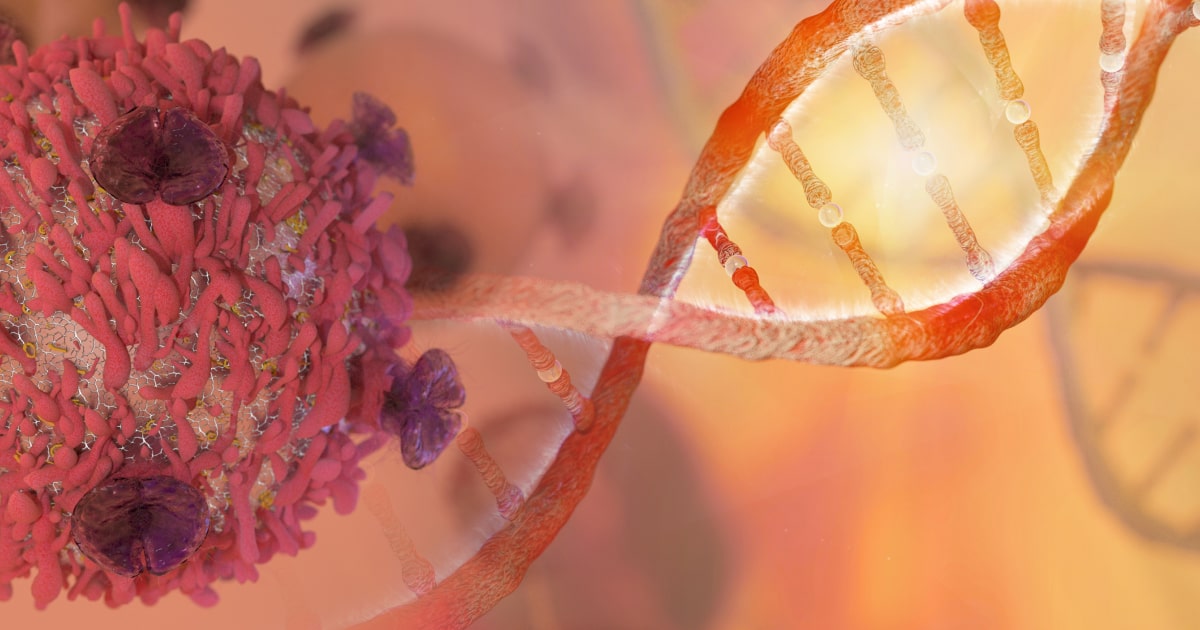
Expert Reviewed By: Dr. Brandon Colby MD
Understanding VATER/VACTERL Association with CNS Malformations
VATER/VACTERL association is a rare congenital disorder characterized by a combination of non-random anomalies affecting multiple organ systems. The acronym VATER/VACTERL stands for Vertebral defects, Anal atresia, Tracheo-Esophageal fistula, Renal abnormalities, and Limb abnormalities. In some cases, this association also includes central nervous system (CNS) malformations, such as cerebrospinal arteriovenous fistulas (AVFs) and brain and spinal arteriovenous malformations (AVMs).
Importance of Genetic Testing in Diagnosing VATER/VACTERL Association with CNS Malformations
Recent studies have highlighted the importance of genetic testing in diagnosing VATER/VACTERL association with CNS malformations, particularly in pediatric cases. A study on clinical and genetic findings in children with CNS arteriovenous fistulas found a high frequency of gene mutations, with RASA1 mutations being more predominant than HHT mutations. This emphasizes the need for genetic testing in pediatric cases to identify the underlying genetic cause and improve patient management.
Another study found a high prevalence (87.1%) of KRAS/BRAF somatic mutations in brain and spinal arteriovenous malformations, suggesting a causative role and potential for targeted therapies with RAS/RAF pathway inhibitors. This finding highlights the importance of genetic testing in identifying potential therapeutic targets for patients with VATER/VACTERL association and CNS malformations.
Expanding the Phenotype: Unique Prenatal Manifestations of Biallelic NDUFAF5 Variants
A study on unique prenatal manifestations of biallelic NDUFAF5 variants presents a new perspective on the prenatal manifestations of mitochondrial complex I deficiency caused by biallelic mutations in NDUFAF5. This expands the known phenotype of VATER/VACTERL association with CNS malformations and highlights the importance of genetic testing in understanding the full spectrum of the disorder.
Uses of Genetic Testing for VATER/VACTERL Association with CNS Malformations
Genetic testing can be helpful in several ways for patients with VATER/VACTERL association and CNS malformations:
- Identification of underlying genetic cause: Genetic testing can help identify the specific gene mutations responsible for the disorder, allowing for more accurate diagnosis and better understanding of the condition.
- Targeted therapies: By identifying specific gene mutations, genetic testing can help guide the development of targeted therapies, such as RAS/RAF pathway inhibitors, to treat the underlying cause of the disorder.
- Expanded phenotype: Genetic testing can help expand the known phenotype of the disorder, leading to a better understanding of the full spectrum of VATER/VACTERL association with CNS malformations.
- Prenatal diagnosis: Genetic testing can be used to diagnose the disorder prenatally, allowing for early intervention and management of the condition.
- Family planning: Genetic testing can help families understand the risk of passing the disorder to future children, allowing them to make informed decisions about family planning.
Conclusion
Genetic testing plays a crucial role in understanding, diagnosing, and managing VATER/VACTERL association with CNS malformations. By identifying the underlying genetic cause, expanding the known phenotype, and guiding the development of targeted therapies, genetic testing can greatly improve the lives of patients with this rare congenital disorder.
About The Expert Reviewer
Dr. Brandon Colby MD is a US physician specializing in the personalized prevention of disease through the use of genomic technologies. He’s an expert in genetic testing, genetic analysis, and precision medicine. Dr. Colby is also the Founder of and the author of Outsmart Your Genes.
Dr. Colby holds an MD from the Mount Sinai School of Medicine, an MBA from Stanford University’s Graduate School of Business, and a degree in Genetics with Honors from the University of Michigan. He is an Affiliate Specialist of the American College of Medical Genetics and Genomics (ACMG), an Associate of the American College of Preventive Medicine (ACPM), and a member of the National Society of Genetic Counselors (NSGC)